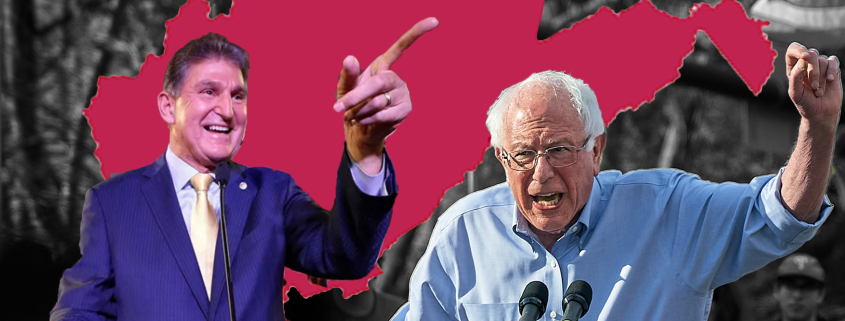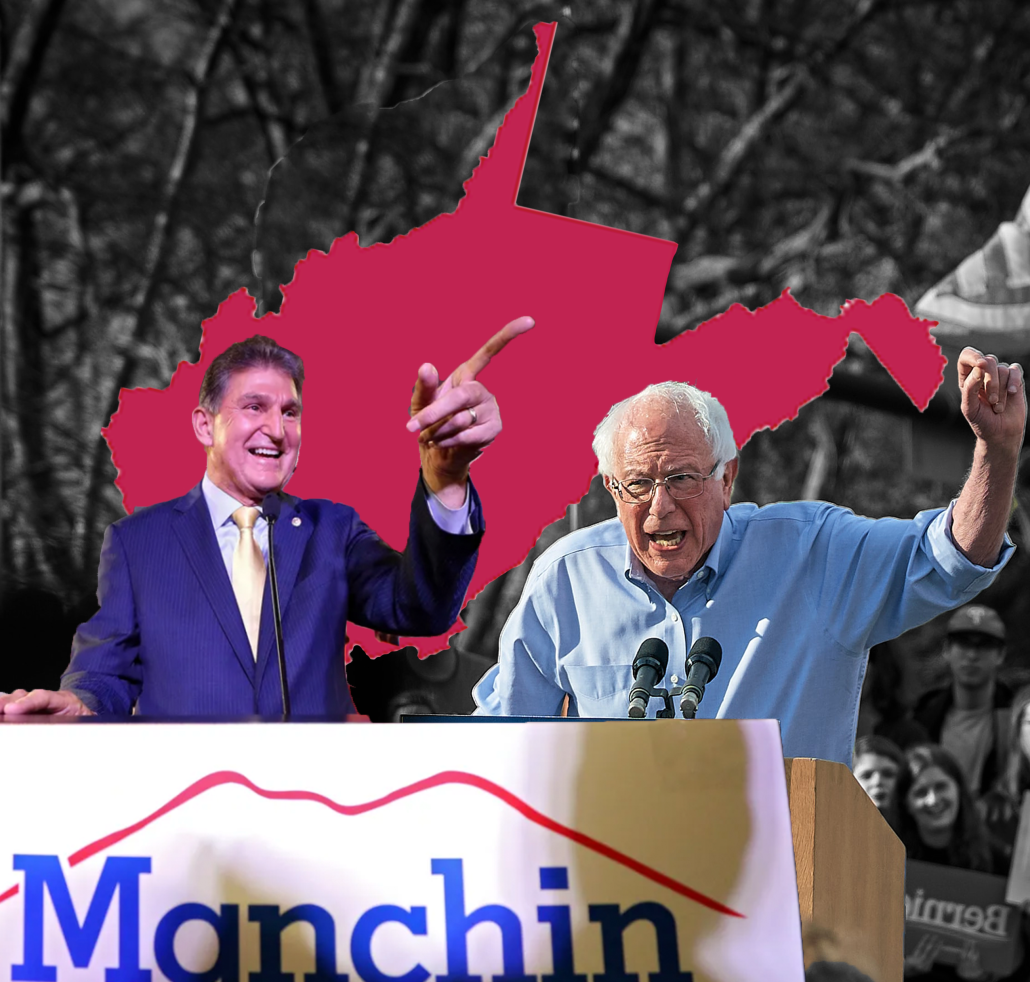I Reckon: Sanders vs. Manchin highlights regional issue framing
When considering our bitterly divided country, the ability to sell a policy plan in an unfamiliar market is an all too rare but increasingly important skill nowadays. For politicians, blanket statements and basic talking points only get them so far outside of their own constituencies. Unfortunately, it seems like Sen. Bernie Sanders of Vermont didn’t get the memo before he published a scathing op-ed in Sen. Joe Manchin’s hometown newspaper last month.
Published in the Charleston Gazette-Mail on Oct. 15, the op-ed was meant to appeal to West Virginians in Manchin’s home state. Sanders outlined how President Joe Biden’s $3.5 trillion Build Back Better spending plan would help West Virginians. He first talked about the 1% and the wealth gap before moving into how the Build Back Better plan would address the working-class families’ plight. Sanders’ op-ed also extensively discussed the plan’s intent to lower prescription drug prices and stand up to Big Pharma.
Sanders also touched on the plan’s expansion of Medicare to cover hearing aids, eyeglasses, dental care and home-based healthcare. He also emphasized the spending plan’s necessity to apply to children as well, warning that the older American Rescue Plan’s $300 direct payments to working-class families could end if Congress stalled the Build Back Better plan any longer.
After briefly talking about climate change and the plan’s intent to cut carbon emissions and move the nation toward more sustainable energy alternatives, Sanders ended his op-ed by calling out Manchin from West Virginia, singling him out as one of two Democratic Senators who oppose Biden’s ambitious spending plan.
Manchin fired back in a statement that fumed over Sanders’ op-ed, writing, “This isn’t the first time an out-of-stater has tried to tell West Virginians what is best for them despite having no relationship to our state.”
Manchin is simply incorrect in one way here: The Build Back Better plan, with the provisions Sanders listed in his op-ed, will greatly help West Virginia. Manchin also lacks a soapbox to stand on when it comes to movements toward sustainable energy alternatives. Investigative journalism revealed that the Senator from West Virginia is a modern-day Mr. Peabody, raking in roughly half a million in dividends every year from his millions of dollars of coal company stock. If that isn’t a conflict of interest, I don’t know what is.
There is no doubt that a serious financial investment in West Virginia is long overdue, but Sanders’ approach to such an investment has Southerners rightfully wary of policies that would otherwise be incredibly beneficial.
If you get the chance to read Sanders’ op-ed, you’ll find he doesn’t mention West Virginia or West Virginians all that often. In fact, West Virginia is only explicitly mentioned twice in the 900-word article. It is a bad look when an article, meant to convince and compel a particular audience, can be applied and reused for multiple other audiences. If anything, the op-ed sounds as if it were ripped right from the pages of the Vermont Senator’s website, with little edits to make it specifically tailored toward West Virginians.
When the independent Senator from Vermont actually brings up the Mountain State, he often follows it with a mention of his own home state, casting the two states as being cut from the same metaphorical cloth — as underdogs fighting greedy corporations and the uber wealthy. West Virginia and Vermont have problems unique to each state; it would be heinous to compare the two or treat both as if they share the same values and priorities.
In perhaps a bigger waste of printer ink, Sanders’ op-ed hits at the heart of coal country. The climate change warnings might be great campaign press outside a state so dependent on the coal industry, but when so many West Virginian families depend on coal jobs to make ends meet, a promise to move toward sustainable energy comes off as a threat to nab jobs from families that worked in the coal industry for generations.
With that being said, Sanders riles up great masses of people to a cause. His entire presidential bids’ appeal centered around his ability to frame his candidacy as a revolution of the majority against a corporate minority. In the case of Sanders vs. Manchin, Vermont’s independent Senator can gain the ear of many more West Virginians if he employed that appeal and tailored it to their needs and values.
Quynh Anh Nguyen is a sophomore writing about current political events as an Asian-American Southerner and California transplant. Her column, “I Reckon,” runs every other Tuesday.


